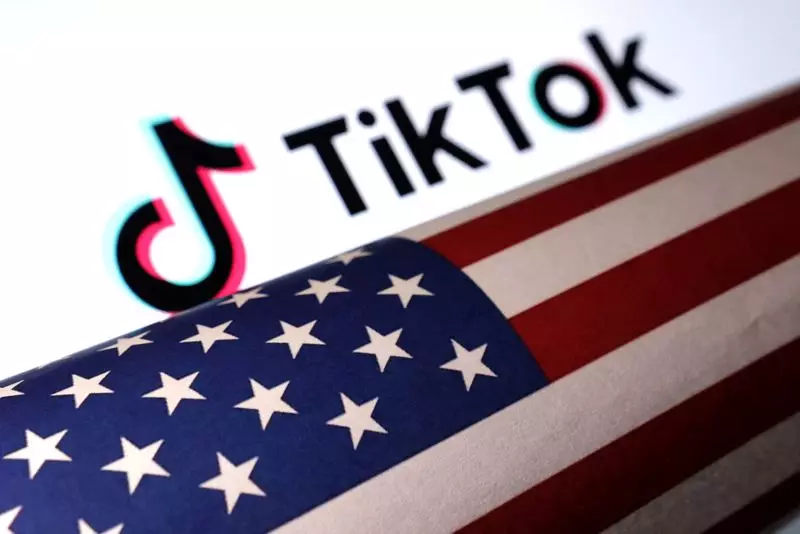The tumultuous story of TikTok in the United States has taken another sharp turn, as the short-form video app experienced a sudden and dramatic disruption in services. Following a ruling backed by the Supreme Court, Congress imposed a ban on TikTok, essentially compelling the platform to suspend its operations unless it could relinquish its ownership ties to China. This action stems from mounting fears among lawmakers regarding national security, specifically concerning the potential for the Chinese government to exploit TikTok to surveil or influence its massive American user base, which numbers around 170 million.
The app’s abrupt unavailability sent shockwaves through its user community and raised questions about the future of digital platforms with foreign affiliations. As many platforms rely on connectivity and user engagement, the impact of such a government-imposed ban is profound, prompting immediate discussions about user rights and the implications of global ownership in the digital space.
In an intriguing twist, President-elect Donald Trump rallied supporters at a public event, proclaiming his intentions to “save” TikTok. Contrasting the government’s heavy-handed approach, Trump suggested that keeping TikTok operational is not only desirable but necessary, insisting that Americans deserve access to the app. His rhetoric underscores the complex interplay between politics and technology, especially in an environment where social media platforms influence public opinion and cultural trends.
Trump’s proposed executive order, which he plans to enact upon taking office, aims to buy time for TikTok, allowing it a grace period to seek a U.S.-based buyer. This approach indicates a shift from outright prohibition to finding a strategic pathway that might yield a solution beneficial to American interests. By proposing a split ownership model that retains a significant percentage of TikTok’s assets within the U.S., Trump is tapping into both business acumen and his populist strategy to engage voters concerned about foreign influence in their lives.
The potential sale of TikTok has caught the attention of high-stakes investors and established corporations alike. Buzz surrounds figures like Elon Musk and conglomerates such as Amazon, who are speculated to be eyeing TikTok for acquisition. Given the platform’s market position and cultural relevance, it’s no surprise financial experts are positioning it as an attractive asset within the tech landscape.
While the prospect of a sale or a partnership involving TikTok raises eyebrows, skepticism about the initial ban persists. Industry analysts suggest that public sentiment could be a decisive factor, hinting at significant behind-the-scenes negotiations involving various financial powerhouses eager to secure a piece of this billion-dollar market. Wedbush analysts, for example, note that interest levels are likely high among both financial institutions and tech leaders, indicating a potential reluctance from the government to enforce a ban that may provoke widespread backlash.
This unfolding saga calls forth a larger discourse about digital sovereignty and the rights of users in the face of foreign ownership. With TikTok at the center of the debate, the conversation extends beyond just one app; it questions the integrity of data, the power of multinational corporations, and consumer rights in an interconnected world. As TikTok navigates this political minefield, the reactions of users and investors alike will shape the future landscape of digital media in America.
The fate of TikTok is a microcosm of the broader challenges facing technology and governance in a globalized era, and how these challenges are addressed will set important precedents for years to come.

